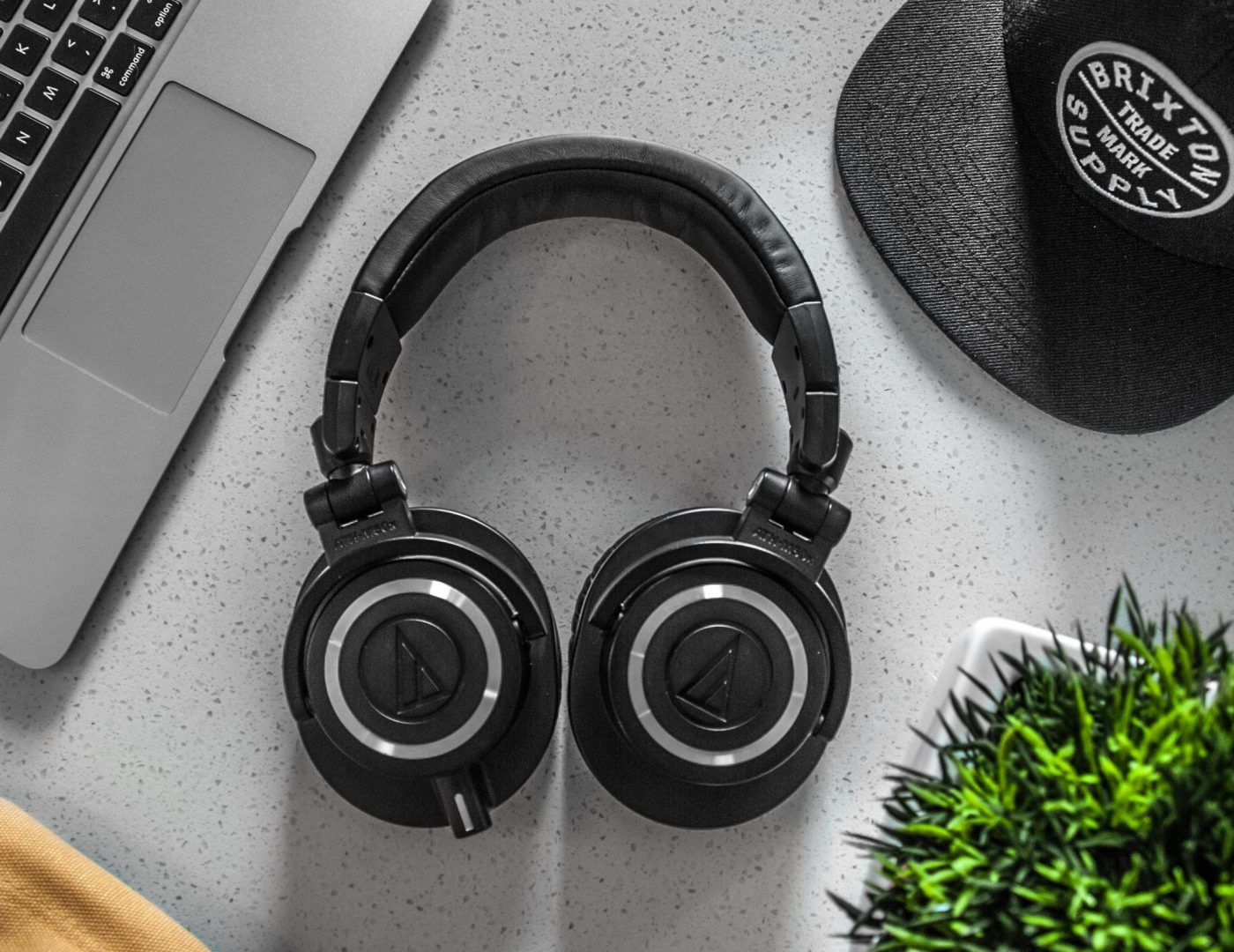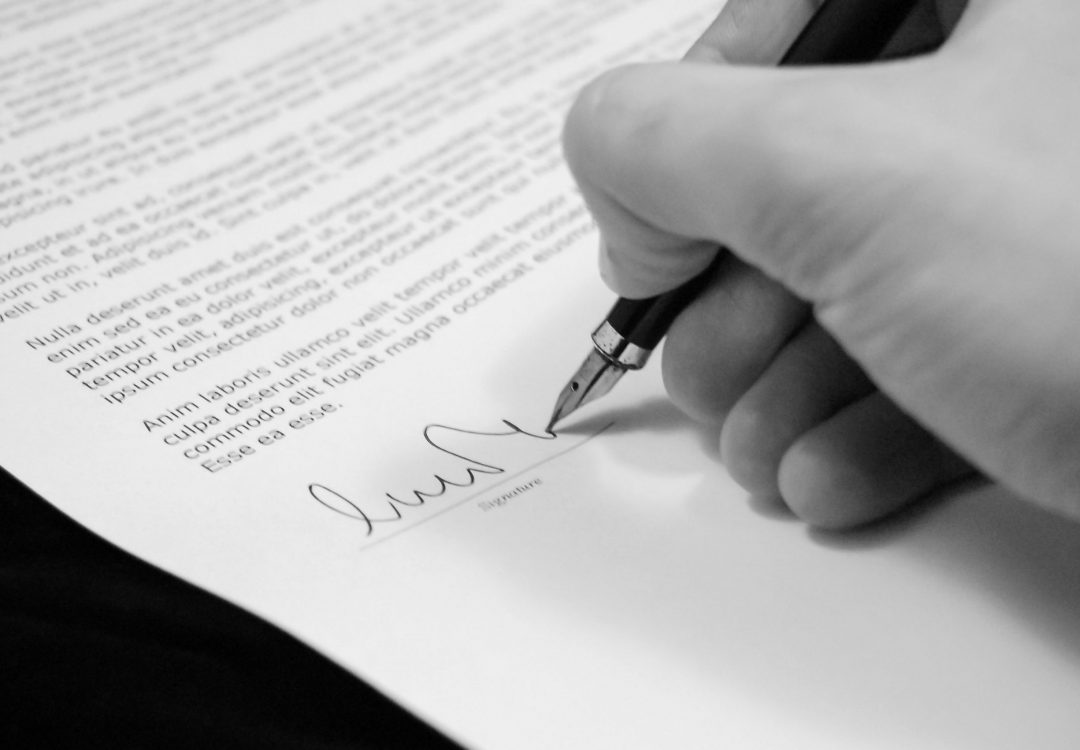Mechanical royalties vs Performance royalties
Let's start off with royalties. The royalty payment structure in the music industry is fairly complex and it even differs per country (!). However, there is a way to simplify it to the core. It basically comes down to these 2 type of royalties:
- Mechanical royalties
- Performance royalties
Mechanical royalties are generated when music is reproduced or distributed, either physically or digitally. Think about hard physical copy sales, digital sales and streams.
Most commonly, artists are allowed to keep 100% of the mechanical royalties (in exchange for the licensing costs upfront). Nowadays, distribution companies like Distrokid, TuneCore and CD Baby pay the mechanical royalties directly to the artist periodically.
Artists get to decide themselves if they want to give the producer and/or engineer a percentage of the mechanical royalties. This is more common in exclusive licenses than non-exclusive licenses, but it happens regularly in both forms of licensing.
Performance royalties are generated when a song gets performed publicly, for example in stores, restaurants, on the radio or performed live.
These are the royalties that get collected by your local PRO (Performance Rights Organisation), such as ASCAP & BMI in the US, PRS in the UK, and Buma/Stemra in The Netherlands (this is where I am from).
Performance royalties are divided in two types (or also called 'shares'):
- The Writer's share (songwriter royalties)
- The Publisher's share (publisher royalties)
The Writer's share is split between all the songwriters on the song.
IMPORTANT NOTE: The producer is also a songwriter!
That is why most commonly (and also in my licenses) the Writer's share is split 50/50 between the producer and the artist.
If there is a producer and 2 artists involved, then the Writer's share often gets split like this, depending on what the parties have agreed upon:
- Producer 50%, Artist 1 25%, Artist 2 25%
- Producer 33.3%, Artist 1 33.3%, Artist 2 33.3%
The Publisher's share gets collected by publishing companies. Most independent artists do not have a publishing deal and are very likely leaving lots of money on the table!
That is why I went to SongTrust and got a so-called 'pub admin deal', or a publishing administration deal. This is available to every independent artist & producer out there and I personally recommend SongTrust because of the ease of use, flexible deals and high percentages.
For independent artists, the Publisher's share is often split the same as the Writer's share.
I want to give Neighbouring Rights Organisations a special mention here, because there are some additional performance royalties to be collected which are not collected by your PRO or publisher.
In the US, you have SoundExchange. In The Netherlands you have Sena. These are companies that collect performances royalties for 'Non-interactive digital sound recordings'. For example streams from SiriusXM or Pandora. It never hurts to sign up, maybe you have some unforeseen royalties waiting for you!




